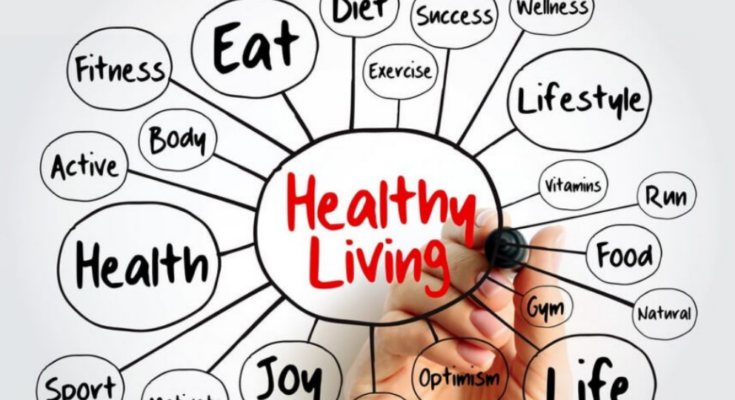Health care providers are typically advised by guidelines to counsel patients on lifestyle interventions or behavioral modifications. Quit smoking, control what you eat, exercise, and lose weight.
At some point in our lives, we have all heard them. But how many of us do them in practice?
Doctor, yes, er, no
Researchers at the University of Gothenburg (UGOT) in Sweden asked if patients actually alter their lifestyles after receiving such advice. After getting lifestyle counseling, they were unable to find any solid proof that it is effective in medicine. The journal titled “Annals of Internal Medicine” published the findings.
Research demonstrating the effectiveness of patient counseling is frequently lacking. In a news release, study lead author Minna Johansson, a general practitioner and associate professor at UGOT, remarked, “It is likely that the advice rarely actually helps people.”
The study looked at 379 medical guidelines from the National Institute for Health and Care Excellence in the United Kingdom. Only 3% of them demonstrated that, according to scientific data, the suggested guidance improved behavior. Although there was little certainty, another 13% of this advice showed some indication that the intervention was effective.
Additional guidelines from other significant institutions throughout the world were also examined by the team. The findings showed that these suggestions rarely take into account the disadvantages of the suggested lifestyle intervention and typically overstate its benefits.
It is costly and ineffectual to try to promote public health by offering lifestyle advice to one person at a time, Dr. Johansson noted. “Investing on community-based treatments that promote healthy living for everyone would probably be a better direction.”
A rule that counts
For the benefit of policymakers and those who develop guidelines, the researchers unveiled a new recommendation. They advise weighing the benefits and drawbacks of an intervention before endorsing it.
Co-author Victor Montori, a medical professor at the Mayo Clinic in the United States, concluded, “The guideline consists of a number of key questions, which show how to adequately evaluate the likelihood that the lifestyle intervention will have positive effects or not.”



